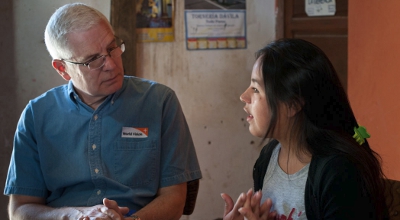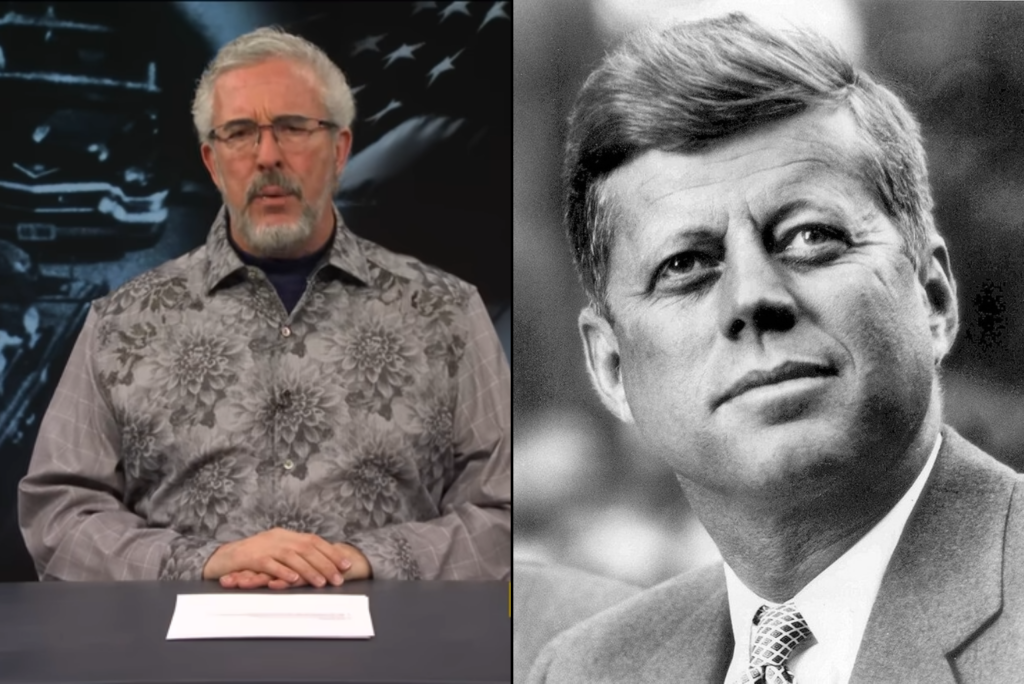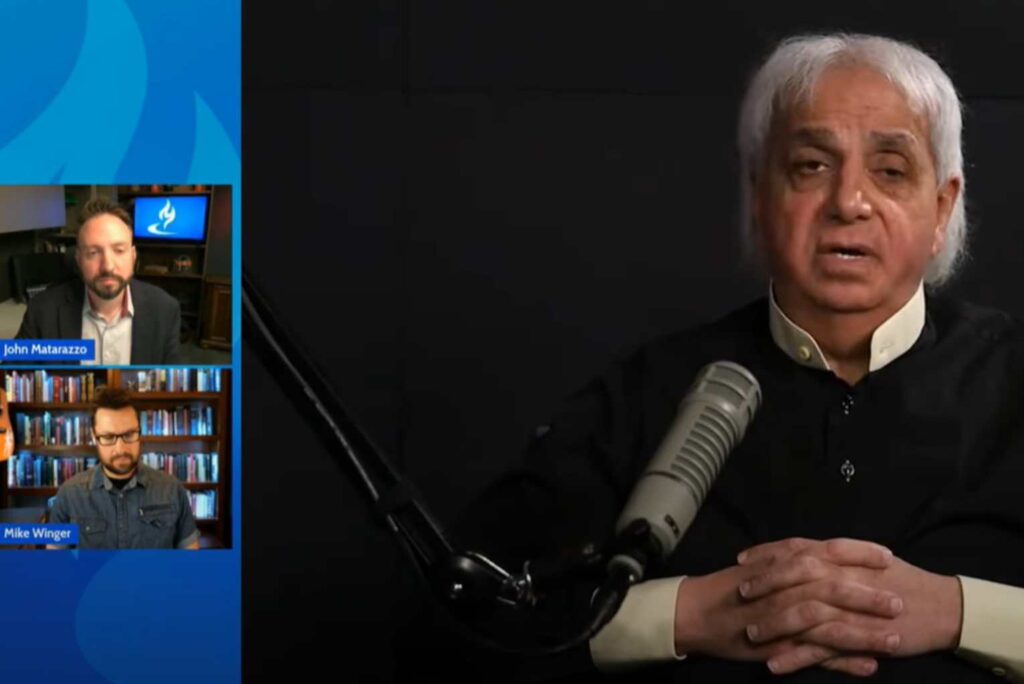The humanitarian organization World Vision can legally require its employees to be Christian, a federal appeals court ruled Monday.
“I am pleased, relieved and gratified with the court’s action,” World Vision’s U.S. President Richard Stearns said in a statement released Monday. “After four years of litigation, we at World Vision U.S. may now put this matter behind us, and continue our policy of hiring only Christians.”
The 9th U.S. Circuit Court of Appeals, in upholding a lower-court ruling, found that the ministry is publicly known as a religious institution, and is therefore exempt from a provision in Title VII of the 1964 Civil Rights Act barring religious discrimination.
“Our Christian faith has been the foundation of our work since the organization was established in 1950, and our hiring policy is vital to the integrity of our mission to serve the poor as followers of Jesus Christ,” the organization said in a statement.
“World Vision will continue to vigorously defend our organization’s freedom to hire employees who share our faith, as do other religious organizations, whether Muslim, Buddhist, Jewish, or Christian,” it added.
Three former employees filed a lawsuit against World Vision in 2007, alleging discrimination. Silvia Spencer, Ted Youngberg and Vicki Hulse signed a statement of faith when they were hired, but were terminated in 2006 after they could no longer affirm their belief in the deity of Jesus Christ nor the Trinity.
The former employees appealed the decision of the U.S. District Court for the Western District of Washington, which ruled in favor of World Vision.
The three-judge panel rejected the appeal 2-1 on Monday, finding that “there is no dispute that the employees were fired for religious reasons.” The judges agreed with the lower court, however, which ruled that “World Vision is exempt from the federal statute because it is a nonprofit organization that is ‘primarily religious’ and ‘holds itself out to the public as a religious institution,'” a CNN blog reports.
Judge Diarmuid O’Scannlain wrote in his opinion: “I am satisfied that World Vision has met its burden of showing that the ‘general picture’ of the organization is ‘primarily religious. World Vision is a nonprofit organization whose humanitarian relief efforts flow from a profound sense of religious mission.”
Judge Marsha Berzon dissented from the majority opinion, arguing that Congress did not intend for all religiously motivated nonprofits to be exempt from the law.
“Although World Vision maintains that ‘Christian witness’ is ‘integrated within’ these activities, World Vision’s definition of ‘Christian witness’ encompasses all humanitarian acts, from digging a well to providing food and water to the hungry,” Berzon wrote.
“Only the personal religious beliefs of World Vision staff differentiate these humanitarian acts from the ‘ministry’ that could, as World Vision concedes, be provided by people of all faiths or no faith,” she added.
World Vision, “motivated by [their] faith in Jesus Christ,” serves close to 100 million people in nearly 100 countries around the world and employs more than 40,000 staff. The ministry has more than 3 million donors, supporters and volunteers.
World Vision U.S. notes on its website that it “only hires those who agree and accept to its Statement of Faith and/or the Apostle’s Creed. All applicants for staff positions are screened for their Christian commitment.






